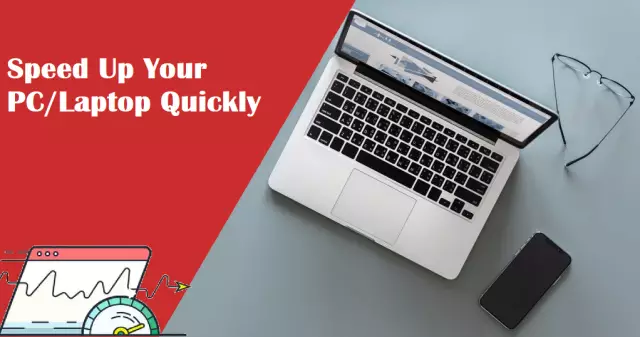Below are tips to help you speed up your computer qualitatively if it constantly slows down. The most important thing is to carry out constant preventive work. For what reasons does the computer slow down and how can you speed up its work?
Temperature
Often, users are not particularly interested in the temperature of the processor and in vain. You can check the temperatures by touching the radiator. True, in this case, you can get burned or get a charge of current. A better and more reliable way is to download a program, for example, Everest. In order to check the temperature using the Everest program, you must select the Computer - Sensor item. If the temperature exceeds fifty degrees, it is worth considering. Check the fans, blow out the heatsink or, much better, remove the heatsink and apply thermal grease.
Registry
It is not particularly good if you constantly install and uninstall programs. Unfortunately, the complete removal of the program does not mean that it is COMPLETELY removed, because often it leaves residual files that load the processor. This is where CCleaner comes in. It's easy to work with her. Launch CCleaner, click the Registry tab, then Troubleshoot. The program will detect all unnecessary or erroneous files and extensions in the registry and fix them.
Paging file
If you don't have a lot of RAM and a small paging file, then your computer will slow down a lot when you play games. What to do? Make the following transitions - right-click on "My Computer", select properties. After that: Advanced - Performance - Options - Advanced - Virtual memory - Change. Then you should select a local drive and specify the size of the paging file. You can specify from 2000 to 3500 and click OK.
Autostart
It is quite possible that running programs "eat" almost all of your memory. Many of them are added to startup to turn on when the computer is turned on. Go to the Start menu, click Run, type msconfig and click OK. A window will open in which you need to go to the "Startup" tab. Uncheck all the boxes you do not need programs, but leave "ctfmon" and antivirus. Click "Apply" and then OK and Restart.
Low free disk space
Drive "C" is the system drive by default and is small enough to hold only the system. There are users who store thousands of songs and hundreds of movies on their desktop, thus cluttering up the disk. Store large files on other drives.
Viruses
There are many viruses today. For example, the Salit virus slows down the work of all other programs. Here you need to monitor your antivirus or use the free DrWebCureit utility.






